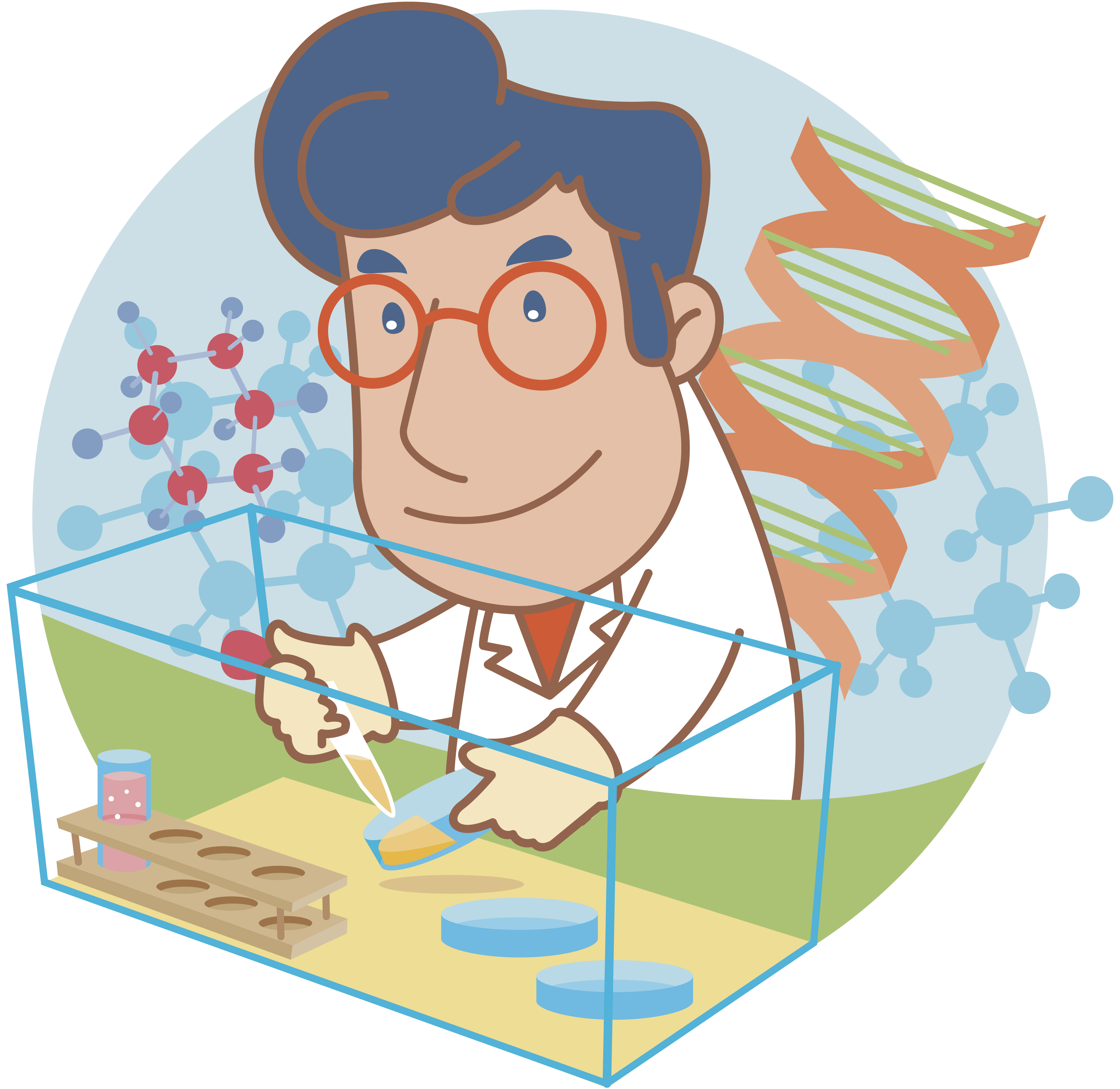Preventive Genomics for Cancer ( OncoMap)
Feb 01, 2020
16436 Views
Personalized medicine has brought a revolution in the healthcare sector. A significant proportion of cancer cases are due to gene variations (mutations) which could be inherited or acquired. For optimal patient care, medical practitioners and oncologists seek root-cause analysis through molecular diagnosis or DNA testing. This would help reduce the burden of multiple trial-and-error cycles of chemo. An added benefit would be the implementation of effective screening protocols to identify family members at risk, before they develop the disease.

The risk assessment strategies offered by genomics companies are multidisciplinary. Preventive screening for cancer is performed by checking for the presence or absence of specific changes in the genetic material (DNA) and mapping it to a reference database. In certain cases, if multiple genes are to be screened, the individual’s exome (complete sequence of protein-coding DNA) can be tested. However, a clinical confirmation for hereditary cancer syndromes would require a test with targeted and high-precision analysis. This is done by analyzing the tumour tissue (biopsy) for mutations which occur during the course of cancerous cell multiplication. Known as somatic mutation testing, this method helps tailor chemotherapy for patients. The cells which express such mutations can be killed by specific antineoplastic compounds.

Some of the current challenges in this field include availability of trained counselors (genetic), and most importantly, access to testing options. While the former can be addressed by a radical change in the education patterns for geneticists, genomics companies are fast emerging in the latter. Their key focus is to provide end-to-end solutions to cancer-affected families which includes clinical translation of genetic data. Given the complex nature of cancer genetics, a proper understanding of the requirements of every cancer patient is essential. The biological manifestation of tumour in a patient changes rapidly and constantly, to the extent wherein the roadmap to therapy becomes an uphill task. This is where personalized genomics can help, by facilitating the timely detection of cellular changes, degree of progression and scope for survival.
Cancer mortality has dramatically increased in India. Over two decades, our country has witnessed a 42% increase in number of cancer-related deaths. Families grapple with tremendous pain and the road to recovery is a long (and sometimes, uncertain) one. Genomic science can be more than a mere light at the end of the tunnel, by serving as a beacon of hope right from the beginning, via early prognosis and management. By finding the right space for DNA testing in the healthcare paradigm, a radical change can be witnessed in cancer management. We salute all those who fight cancer every day – and all those brilliant minds who tirelessly develop and validate solutions for cancer.
